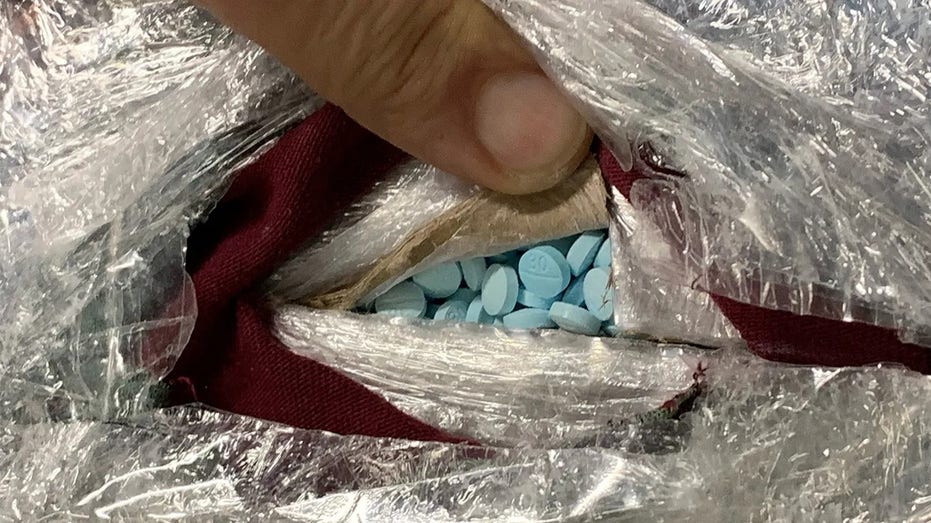The U.S. Postal Service (USPS) on Wednesday said it will accept inbound mail and packages from China and Hong Kong, reversing a decision made hours earlier.
“The USPS and Customs and Border Protection are working closely together to implement an efficient collection mechanism for the new China tariffs to ensure the least disruption to package delivery,” USPS said in a statement.
The reversal came less than 24 hours after the agency temporarily suspended international package acceptance of inbound parcels from China and Hong Kong Posts “until further notice.”
USPS SUSPENDS INBOUND PACKAGES FROM CHINA, HONG KONG POSTS
The Tuesday package suspension announcement came as China issued retaliatory tariffs on select American imports.
The Chinese government said it would take “necessary countermeasures” in response to President Donald Trump’s executive order imposing a 10% tariff on Chinese imports to address what the White House says is the synthetic opioid supply chain in China. Trump temporarily paused planned tariffs on Mexico and Canada for 30 days to give both nations time to reach a deal with the U.S. to better secure its northern and southern borders.
The order accused the Chinese Communist Party of having “subsidized and otherwise incentivized” Chinese chemical companies to export fentanyl and related precursor chemicals that are used to produce synthetic opioids sold illicitly in the U.S.
HOW TRUMP’S TARIFFS CLOSED THE LOOPHOLE USED BY CHINESE RETAILERS
“The orders make clear that the flow of contraband drugs like fentanyl to the United States, through illicit distribution networks, has created a national emergency, including a public health crisis. Chinese officials have failed to take the actions necessary to stem the flow of precursor chemicals to known criminal cartels and shut down money laundering by transnational criminal organizations,” the White House said on Saturday.

The Ministry of Foreign Affairs of The People’s Republic of China said in a statement that “the U.S.’s tariff hikes “severely violate” the World Trade Organization rules and that this “move cannot solve the U.S.’s problems at home and more importantly, does not benefit either side, still less the world.”
VOTERS REJECT TRUMP’S TARIFF PUSH; MOST BELIEVE POLICY WILL HURT ECONOMY
After China banned the production of fentanyl in 2019, China-based companies started to produce and sell fentanyl precursors, which are the ingredients needed to manufacture the drug, according to the United States Drug Enforcement Administration (DEA).
At least two cartels in Mexico – the Sinaloa cartel based in Sinaloa and cartel Jalisco Nueva Generación based in Jalisco – receive fentanyl precursors and synthetic opioids directly from China or from intermediaries in the U.S., according to the DEA. They maintain distribution hubs in various cities across the U.S. and control smuggling corridors into the country, the agency said.
Fentanyl can be 50 times more potent than heroin in small amounts. Overdose deaths involving synthetic opioids – primarily illicitly manufactured fentanyl – rose to 73,838 in 2022, according to the latest data from the National Institute on Drug Abuse.
Read the full article here


